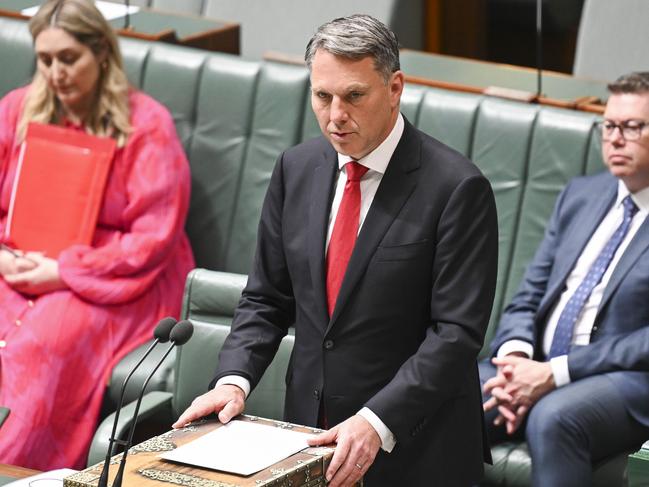
War crimes debacle exposes Defence leadership vacuum
It is a national tragedy that the alleged appalling behaviour of such a tiny group has come to define the service of a generation of military personnel.

It is a national tragedy that the alleged appalling behaviour of such a tiny group has come to define the service of a generation of military personnel.

The murder of six hostages is a new inflection point where we realise that Hamas will not stop trying to wipe out Israel. Its political control over Gazans remains total.
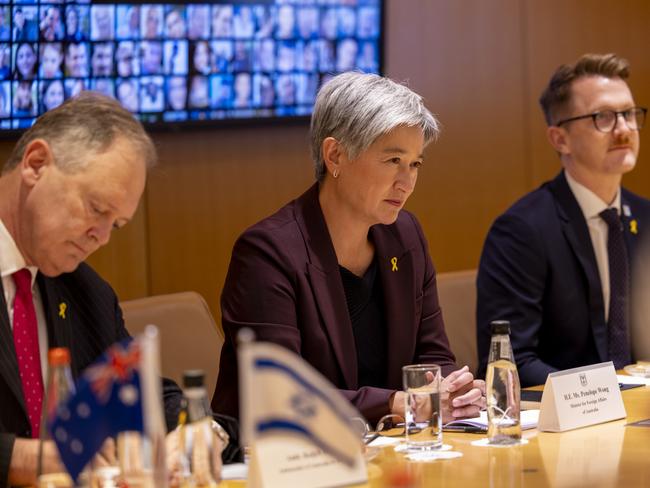
Labor’s ‘nuanced’ diplomacy isn’t working. The need is to recalibrate relations with Israel. The government can disagree over the conduct of the war, but let’s aim to stay trusted partners with Israel.

It may be possible for an individual to hold pro-Hamas views and not want to engage in violence. But it is surely a legitimate question to ask if they are the right people to bring to Australia.
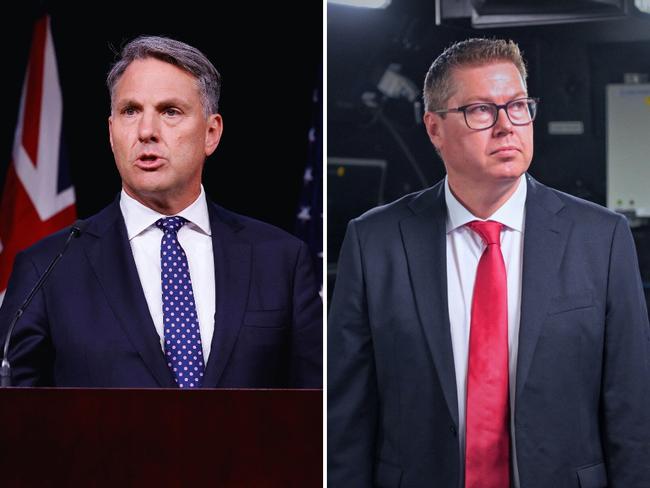
It is experience that prevents me from swallowing this delusional pap. Decades of political bipartisanship and alliance rent-seeking bring us to this point. The truth is out there.
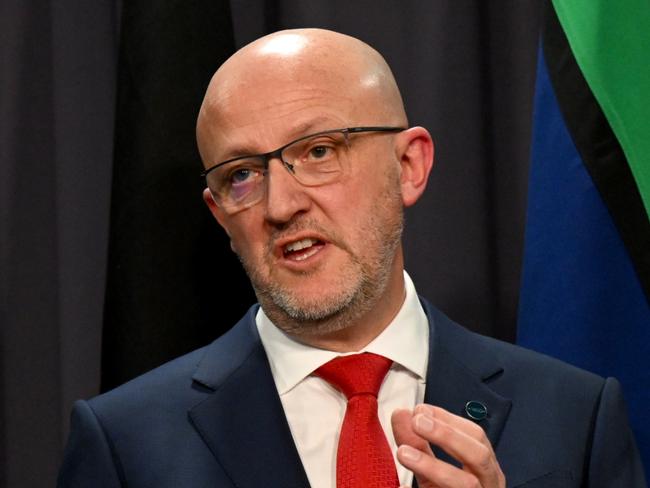
Monday’s announcement added no clarity as to why the threat level was being changed, or the timing of the announcement or what would happen as a result.
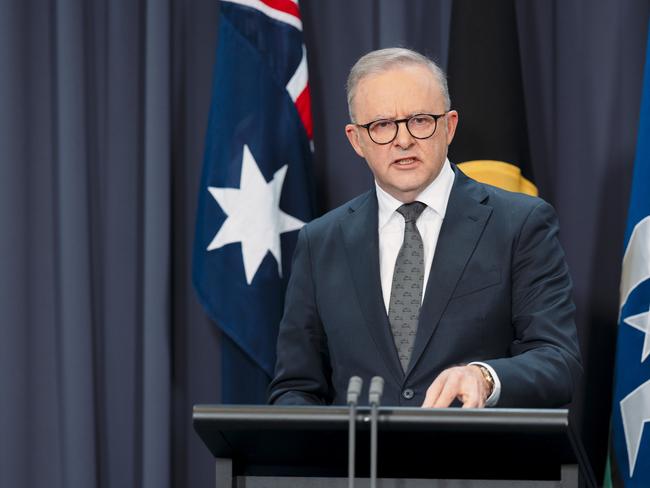
Shaping a new national security adviser position would be a more useful step than fighting over the bones of Home Affairs. That dinosaur has run over the policy cliff and is already sinking into the Canberra bog of once-tried policy ideas.
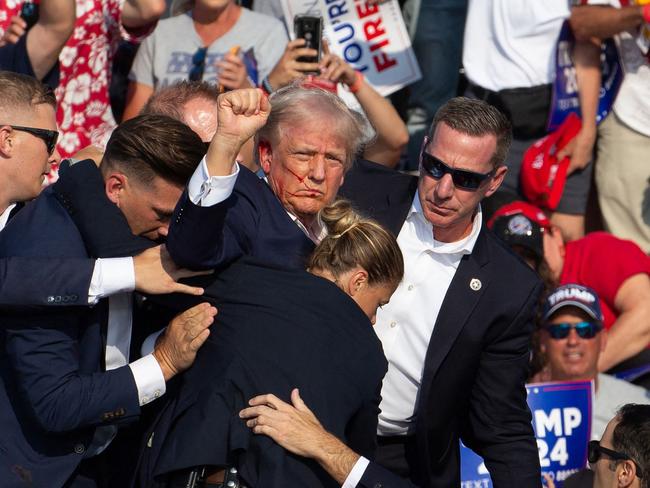
The Trump assassination attempt should prompt an urgent review in Australia around the safety of our politicians.
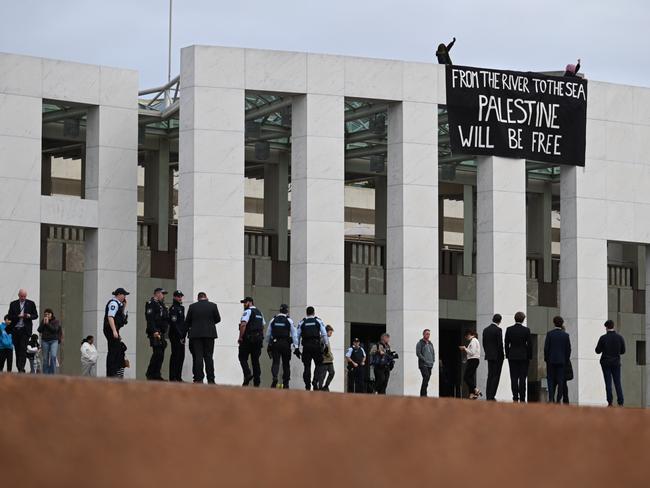
Hundreds of millions of dollars have been spent trying to make Parliament House more secure after a major security incident in 1992. On Thursday, these investments were shown to be useless.
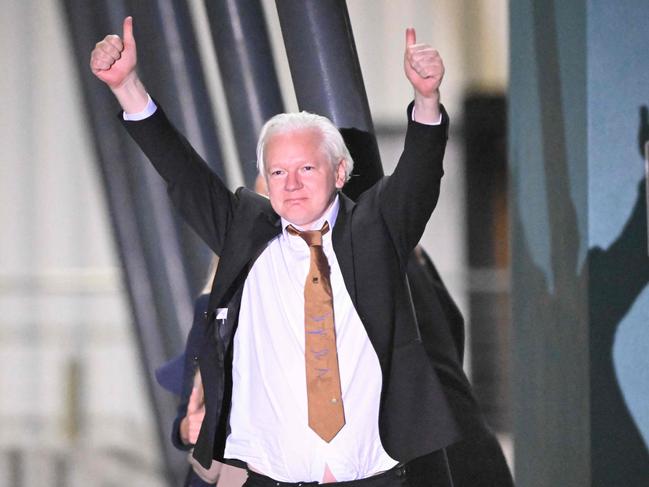
ADF deaths and woundings in Afghanistan serve as a reminder of the need to acknowledge ‘different views’ about the return of the deeply idiosyncratic man the PM welcomed home.
Original URL: https://www.theaustralian.com.au/author/peter-jennings/page/5